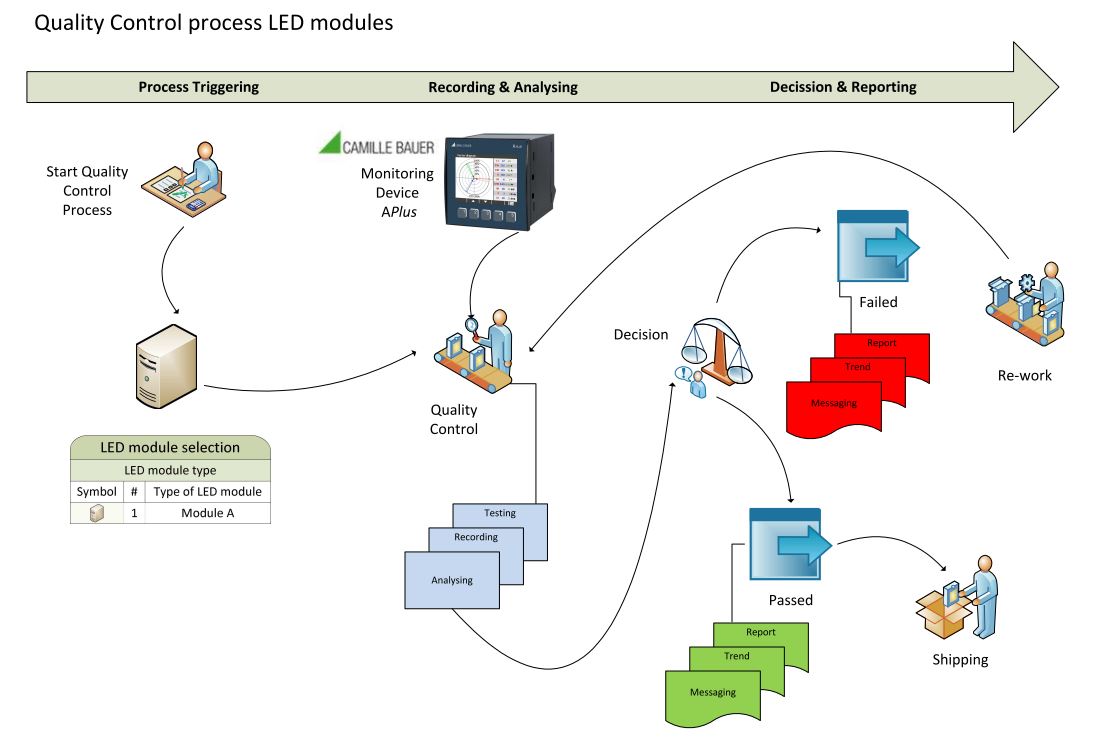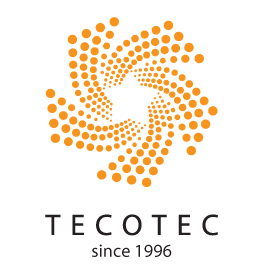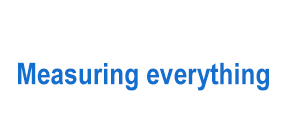News
Quality inspection for LED module manufacturing Precise and reliable measurements for reducing scrap and cost
In terms of energy savings and energy efficiency, LED (light-emitting diode) is dominating private as well industrial illumination more and more. LED is used to illuminate offices and private living areas, vehicle lightning, advertisings, street lighting, etc. In addition, LED technologies have conquered already into technology fields as entertainment electronics, aerospace, fibre optic based communication, medical areas, optical inspections, etc. With low weight, variable light colours, long-life at lower cost, etc., LED will remain as a future based technology.

Example of electrical testing process of LED module before further use according CIE S025/E:2015, including EMC, flicker and Harmonics.
The challenge
As LED these days is categorised as a bulk product, costs of production and related productivity are mandatory. Even for those bulk items, quality is required, especially for the area where safety and reputation plays an essential part. To perform reproducible photometric and colourimetric measurements the International Commission on Illumination (CIE) provided requirements defined in the standard of CIE S 025/E:2015. The standard aims in particular to cover measurement methods for testing the compliance of LED devices with the photometric and colourimetric requirements of LED performance standards issued by IEC/TC 34. And here the particular challenge occurs: Testing of LED modules as an extra quality process influences the costs directly.
The solution
To remain marketable, testing of LED modules shall be efficient, unsophisticated, reliable as well extremely cost optimised. The APLUS of Camille Bauer perfectly fits to all requirements. APLUS is designed in the way to measure over 3 phases – even with different loads on each phase. Instead of using one costly power meter for qualifying one LED module in a test stage, with APLUS three LED modules can be tested simultaneously. This reduces investment cost as well the demand of space down to one-third against single phase devices.
While the accuracy corresponds to the requirements, APLUS often is much less cost intensive than other used measurement devices in such specific application, and this in addition to an excellent durability. Reducing complexity, besides its three-phase measurement capability, can further be enhanced by means of individual parameter settings. Measurement data can be captured in a straightforward manner during the various production phases, and can be sent to analysing and recording software.
Kaistar Lighting confirms
As one of the leading companies for LED modules, Mr. Zhang from Kaistar Lighting in Xiamen confirms the benefit of using APLUS from Camille Bauer. Before APLUS was introduced, the operator could test one LED module at a time. Now, with APLUS the efficiency tripled which saves directly time and money. With the integration into a test- and analysing software, testing process is automated and out of this, failure possibility during testing procedure came down to zero.
Further information under: http://www.camillebauer.com/aplus-en
Source: TMC
Others
- TECOTEC GROUP ATTENDED SHIMADZU’S SERVICE MANAGER MEETING IN 2022
- TECOTEC HANDED OVER EDX-7000 X-RAY FLOURESCENCE SPECTROMETER AT NIDEC CHAUN CHOUNG VIETNAM
- INSTALLATION OF CHIP PROCESSING SYSTEM – LANNER/ GERMANY
- TECOTEC completed installation of EDX-LE Energy dispersive X-ray Fluorescence spectrometer at DYT Vina
- TECOTEC DELIVERED AND INSTALLED THE 2ND X-RAY FLUORESCENCE SPECTROMETER - EDX-LE PLUS AT TABUCHI
- TECOTEC Group has handed over PDA-7000 Optical Emissions Spectrometers for Nihon Plast Vietnam
- Bowman XRF Coating Measurement System For Electroless Nickel Plating
- TECOTEC DELIVERED AND INSTALLED SMX-2000 SYSTEM TO NIDEC TECHNO MOTOR VIETNAM



